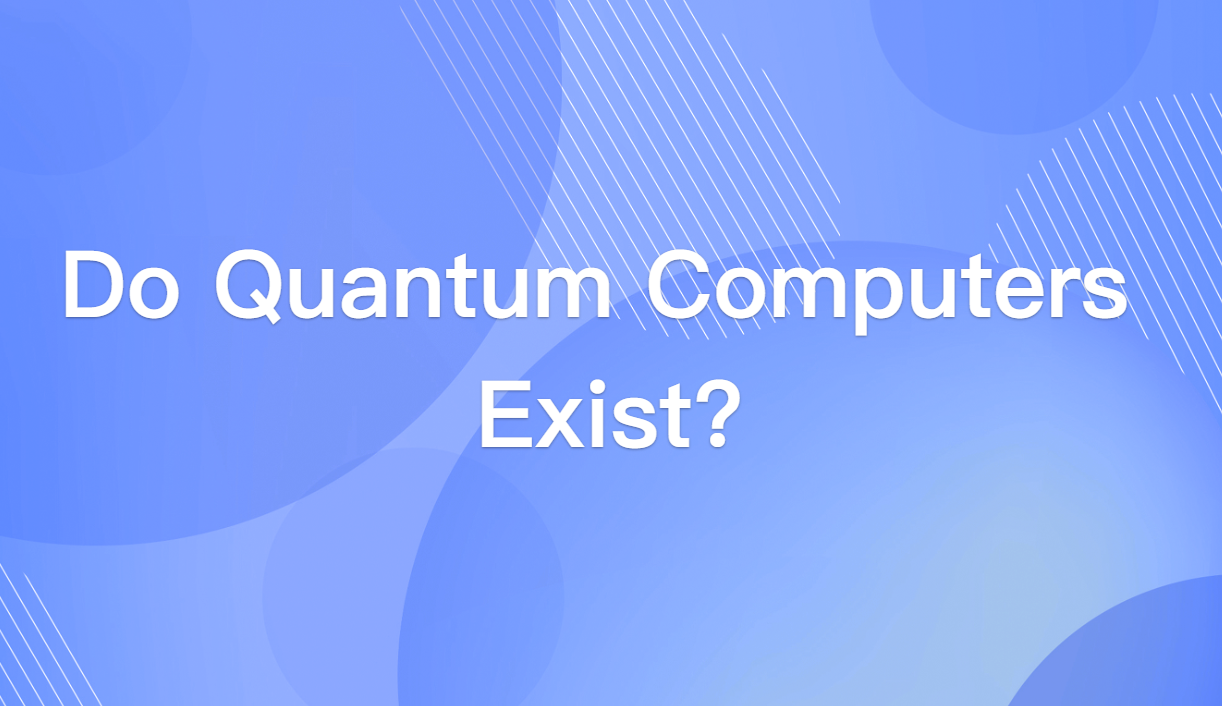Do Quantum Computers Exist? Here’s What You Need to Know in 2025
Plenty of people have heard about quantum computers, but nobody's actually seen one in person. So, are they just some sci-fi fantasy? Straight-up answer: nope. Quantum computers already exist. Back in 2019, Google’s Sycamore machine knocked out a task in 200 seconds that would’ve taken a top-tier supercomputer 10,000 years. That moment was officially recognized as the first proof of "quantum supremacy." Big-name journals confirmed it, and that was the turning point—quantum computing went from theory to real-world action.

1. Quantum computers already exist
Quantum computers aren’t just theoretical—they’re up and running in labs right now. Google’s Sycamore processor was the first one the science world widely accepted as legit. In 2019, their team in Santa Barbara, California pulled off a landmark experiment: using a 53-qubit system, they solved a random circuit sampling problem in 200 seconds—a job that’d take a classic supercomputer around 10,000 years. The results went through peer review and were published, making it solid proof that quantum computing works in practice. IBM’s been rolling them out since 2016. Their Eagle processor, with 127 qubits, launched in 2021, crossing the 100-qubit mark. Then in 2023 came Heron, with 133 qubits and the lowest error rates in the industry. These aren’t simulators or paper concepts—they’re real machines. Google’s quantum chips run at -273°C, colder than outer space, and stay stable.
2. Why are they so hard to see if they already exist?
If these things are real, why don’t we see them everywhere? Simple: every quantum device today is still deep in experimental mode—nowhere near ready for your home or office. Here’s why:
1. Crazy environmental needs: Qubits only work at temperatures close to absolute zero (-273°C), so they don’t get messed up by thermal noise. Google and IBM use million-dollar dilution refrigerators—huge rigs that can fill an entire room and guzzle power like crazy. No way your average company or household can handle that setup.
2. Super fragile and error-prone: Quantum states collapse if you even look at them wrong—any electromagnetic interference causes “decoherence,” meaning data gets lost. Right now, these machines can only run very specific algorithms, like quantum chemistry simulations. You can’t run apps, browse the web, or stream Netflix on one.
3. Not built for mass market: Today’s quantum computers are made for research and niche business use. Google straight-up says Sycamore isn’t for consumers. IBM markets its systems as “enterprise research tools” available only to universities and pharma companies. Bottom line? Quantum computers are like those giant mainframes from the '60s—real, powerful, but decades away from everyday life. Experts say practical, general-purpose quantum machines are still 10 to 15 years out. For now, they’re basically high-end toys for scientists, not something you’re gonna buy at Best Buy.
3. Quantum Computers Are Already Making an Impact
Hear “quantum computer” and think it’ll instantly break everything? Truth is, their real power lies in solving problems regular computers can’t touch—and the effects are already showing up behind the scenes.
Drug development on fast-forward: Quantum simulation lets scientists map molecular interactions with insane precision. In 2022, IBM teamed up with Pfizer to simulate materials for lithium-ion batteries, cutting the R&D cycle from 5 years down to just 18 months. Translation? New cancer treatments could hit the market way faster, helping real patients sooner.
Green energy breakthroughs: Google used Sycamore to optimize catalyst designs for hydrogen fuel cells—making clean energy more efficient. That means cheaper, greener transportation down the road. You won’t be logging into a quantum terminal, but lower shipping costs and smarter recommendation engines? Yeah, some of that comes from this tech.
The bottom line: quantum computers aren’t here to replace your laptop. They’re enablers—quietly making things faster, smarter, and more sustainable.
| Application Area | Sample Projects | Indirect Impact on Daily Life |
|---|---|---|
| Healthcare | Protein folding simulation | Faster vaccine development, lower drug prices |
| Materials Science | Quantum-optimized battery design | Better battery life for phones and EVs |
| Financial Tech | Portfolio optimization | More stable markets, reduced investment risk |
Quantum computers exist—that’s a fact, not hype. But they’re not in homes yet. Right now, they’re mainly used for research and specialized commercial jobs. That doesn’t mean you can’t get hands-on, though. Platforms like Origin Quantum Cloud offer free access to real quantum computing over the web. Just sign up, fire up your browser, and run actual quantum circuits yourself. The quantum era isn’t light-years away. Ready to jump in? Click here to access our quantum cloud platform